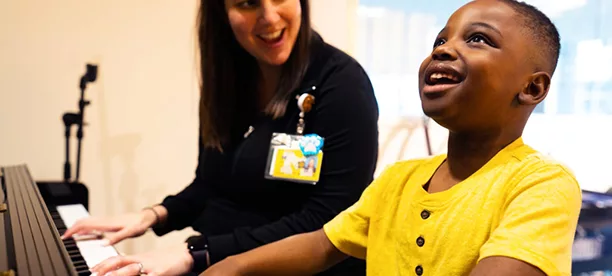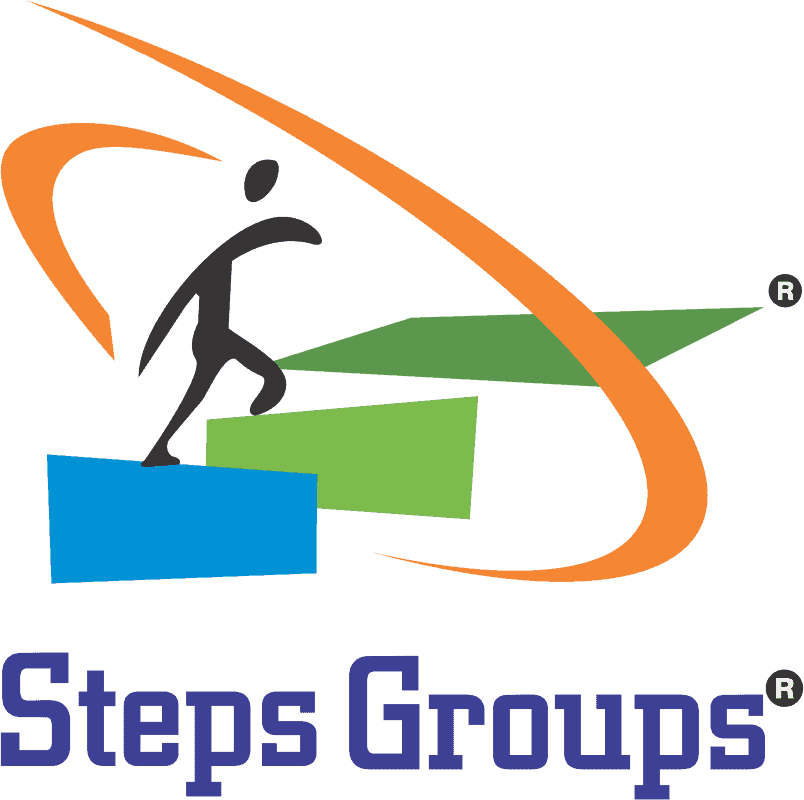Enhancing Lives through Drama, Music, and Dance Therapy for Autism…

Enhancing Lives through Drama, Music, and Dance Therapy for Autism Spectrum Disorder

In the realm of therapeutic interventions, the amalgamation of arts and psychology has given rise to innovative approaches that cater to diverse needs. One such avenue is drama, music, and dance therapy, which has proven to be particularly beneficial for individuals on the Autism Spectrum Disorder (ASD). Among the pioneers in this field is “Steps Groups,” an organization that has taken bold strides in Coimbatore to harness the transformative power of the arts for individuals with ASD.
Understanding Drama Therapy for Autism Spectrum Disorder
Autism Spectrum Disorder is characterized by challenges in social interaction, communication, and restricted, repetitive behaviors. Drama therapy, a creative form of psychotherapy, provides a safe space for individuals with ASD to express themselves, communicate, and develop social skills in an engaging and non-threatening environment.
Through structured improvisations, role-playing, and storytelling, drama therapy encourages individuals with ASD to step into different perspectives, helping them to comprehend and navigate complex social dynamics. It also fosters emotional expression and regulation, which are often areas of difficulty for those on the spectrum. In a supportive group setting, participants learn to interpret and respond to verbal and nonverbal cues, ultimately improving their interpersonal connections.
Empowering through Music and Dance Therapy
The therapeutic potential of music and dance is undeniable, and it holds a special place in the hearts of individuals with ASD. “Steps Groups” recognizes this and has incorporated music and dance therapy into their repertoire of interventions in Coimbatore.
Music therapy harnesses the universal appeal of music to address various challenges faced by individuals with ASD. It can help enhance communication skills, improve motor coordination, and provide a means of self-expression. Through rhythm, melody, and even simple instruments, individuals on the spectrum can engage in structured activities that stimulate cognitive and emotional growth. Dance therapy, on the other hand, taps into the body’s innate ability to communicate and express. For individuals with ASD, who may struggle with verbal communication, dance offers a unique avenue to communicate emotions and thoughts. Movement-based activities not only promote physical fitness but also boost self-esteem and body awareness. “Steps Groups” understands the significance of dance therapy in fostering a sense of embodiment and self-assuredness among individuals with ASD.

Making a Difference in Coimbatore
“Steps Groups” has become a beacon of hope for families and individuals affected by ASD in Coimbatore. Their holistic approach combines drama, music, and dance therapy to provide a comprehensive platform for growth and development. By tailoring interventions to the unique needs of each individual, the organization has cultivated a supportive community that fosters acceptance, understanding, and progress.
Through engaging activities that are designed with care and precision, “Steps Groups” has witnessed remarkable transformations among its participants. The therapies offered not only address the core challenges of ASD but also celebrate the strengths and talents that each individual possesses. This inclusive approach helps individuals with ASD build a positive self-identity and a stronger connection with the world around them.
In conclusion, the integration of drama, music, and dance therapy into the lives of individuals with Autism Spectrum Disorder has proven to be an effective and transformative approach. “Steps Groups” in Coimbatore stands as a shining example of how these therapies can create a positive impact on the lives of individuals on the spectrum. By providing a nurturing environment that values self-expression, communication, and personal growth, “Steps Groups” is paving the way for a brighter and more inclusive future for individuals with ASD.


